"Physics is one of the most important industries that determine the progress of the country"
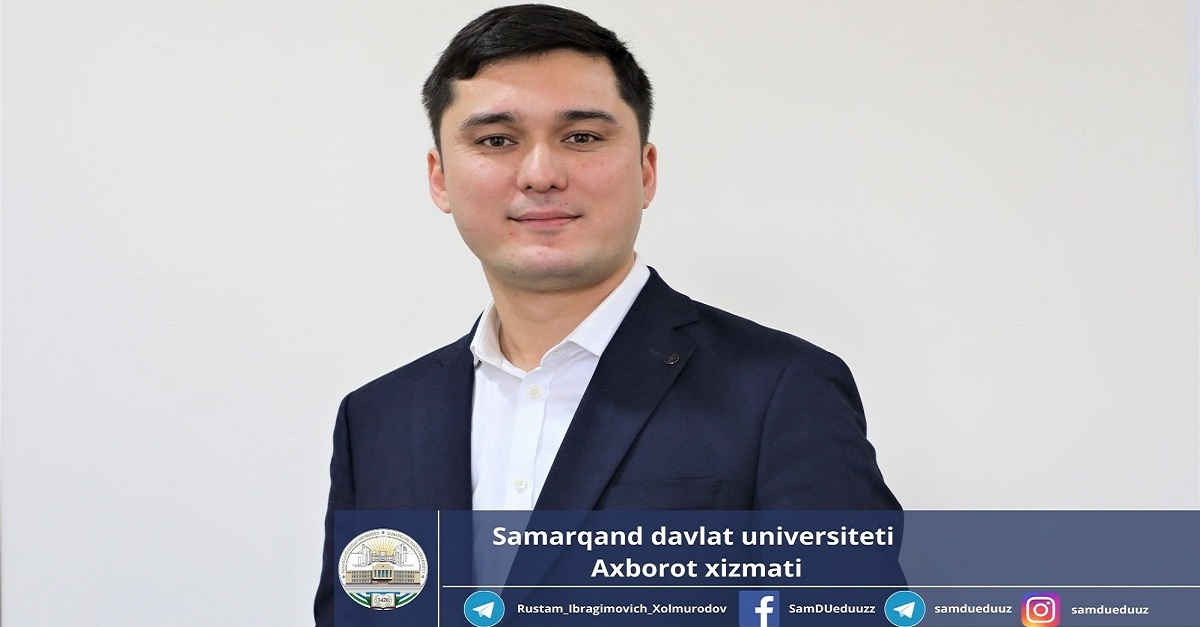
Interview with Akmal Safarov, Associate Professor, Department of Nuclear Physics and Astronomy, Samarkand State University
- The path of science is difficult. Who made you choose this path?
- My father is Askar Safarov, candidate of physical and mathematical sciences. Currently he works in the scientific and educational laboratory of nuclear physics and astronomy of Samarkand State University. Since childhood, I loved to look through my father's textbooks on physics. When my father was reading a book, I would go up to him and look at his pictures, even though I couldn't read yet. It was interesting for me to look at pictures of space, telescopes, various instruments.
At the age of 16, I won the Accels competition announced by the American Embassy and got the opportunity to continue my studies in America. After graduating from school there, in 2003 I returned to Uzbekistan and entered the Faculty of Physics of Samarkand State University. Then he studied at the magistracy and doctoral studies.
Italy is home to the International Center for Theoretical Physics named after the famous physicist Abdus Salam, who was the first among Muslims to win the Nobel Prize in Physics. In 2015, I became the winner of the ICTP-STEP joint educational program announced by this center and the International Atomic Energy Agency (IAEA), and spent a year studying the topic of my scientific work in the agency's laboratory in Ziebersdorf in Austria.
In 2021, he defended his Ph.D. thesis on the topic "Investigation of the low activity of environmental objects: a new approach in gamma spectrometry."
To date, I have traveled to countries such as the US, UK, Italy, Germany, Austria, Norway, Denmark, Turkey, Russia, Slovakia, Slovenia and the Vatican.
"Nuclear physics is needed to discover new laws of nature"
- Why nuclear physics?
- Firstly, physics is one of the important branches that form the basis for the country's development. Nuclear physics is necessary for solving fundamental problems - for studying the deep features of the structure of matter and for discovering new laws of nature. Also, this science is important for many areas of astrophysics, for example, in the study of thermonuclear reactions in stars. The practical application of nuclear physics is diverse: from nuclear and future thermonuclear energy to medical diagnostics and therapy.
The equipment and methods of nuclear physics are used in the mining industry (primarily at uranium mining enterprises), agriculture, hydrometeorology, geology, nature conservation, radiation sterilization and processing of uranium residues, control of radiation safety of food products and building materials, in forensic medicine, oncology and medical diagnostics.
In connection with the planned construction of a nuclear power plant in Uzbekistan, the government adopted a concept for the development of nuclear energy, and this topic has become increasingly important. One of the main tasks set by the government is the training of specialists for the nuclear industry. To accomplish this task, the admission quota to the faculties of nuclear physics of the National University of Uzbekistan (NUUz) and Samarkand State University has been increased. Recently, due to the rapid growth of the economy, peaceful nuclear technologies are actively used in various areas of social and economic activity in Uzbekistan. An example of this is the use of radioisotope products in the oil and gas industry and medicine.
In this regard, I would like to dwell on the activities of the nuclear physics laboratory of Samarkand State University. As you know, a large-scale reconstruction was recently carried out in the laboratory. Before the reconstruction, 3 major projects of the International Atomic Energy Agency were carried out in the laboratory. As part of these projects, we managed to attract about $1 million in investments to our republic. After the reconstruction, the laboratory was equipped with new equipment that meets international standards. Within the framework of the projects, 5 educational laboratories were created, aimed at improving the quality of education in the field of teaching nuclear physics. Research is currently underway to implement them.
At the moment, the Department of Nuclear Physics and Astronomy has established effective cooperation relations with prestigious universities and research institutes of the world, attracting international specialists to the university and conducting scientific research with them, sending young teachers for internships. completed.
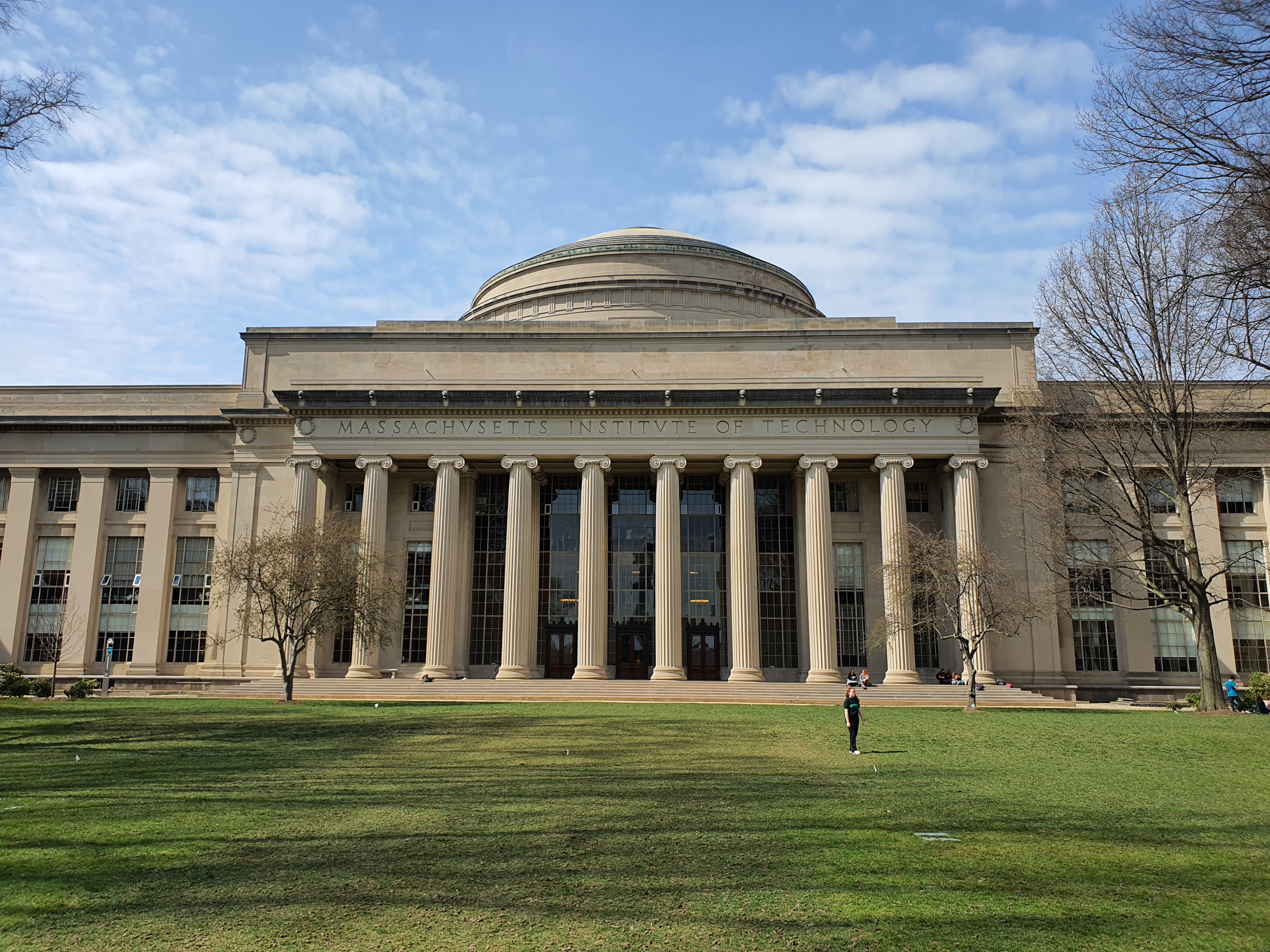
"To the Massachusetts Institute of Technology..."
- In April-August 2022, you completed an internship at the world's leading Massachusetts Institute of Technology. Can you share your impressions?
- My participation in this internship took place within the framework of a program funded by the IAEA technical cooperation fund. When applying for the program, I chose the Massachusetts Institute of Technology, the world's leading university. Getting into this institute and doing an internship was my old dream. Thus, I did an internship at the Massachusetts Institute of Technology in April-August last year. There I did research on nuclear physics and engineering with Professor Benoit Forget of Reactor Physics, and on improving the quality and effectiveness of nuclear physics teaching with Professor Mike Short. These scientific studies are concentrated in the field of radiation safety and reactor physics, the study of radioactive elements in various substances, the detection of radiation emitted by a substance using detectors, and the determination of the number of elements in a substance based on the data obtained.
We still have relations with the professors of this institute. Professor Mike Short is expected to visit Samarkand State University in May. An American professor will come to the SamSU Institute of Engineering Physics and give general lectures for teachers and students.
We also carried out effective work on the introduction of training courses, necessary textbooks and manuals used in teaching nuclear physics at the Massachusetts Institute of Technology. At present, the subject "Ionizing Radiation Effects on Matter" is being taught in our country, taught at the Massachusetts Institute of Technology. In the future, we plan to continue the internship of SamSU teachers and researchers at this institute, as well as to strengthen scientific cooperation.
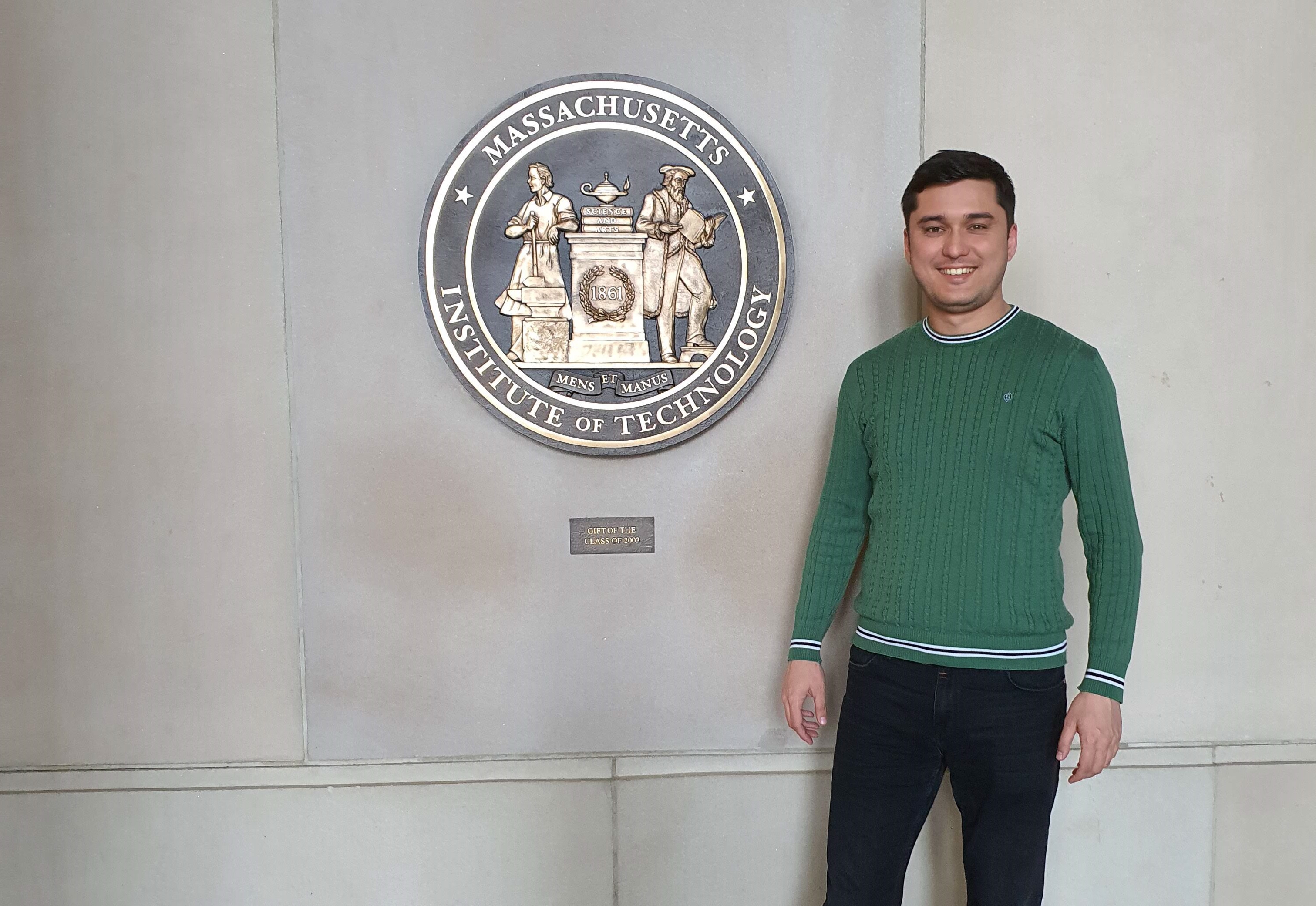
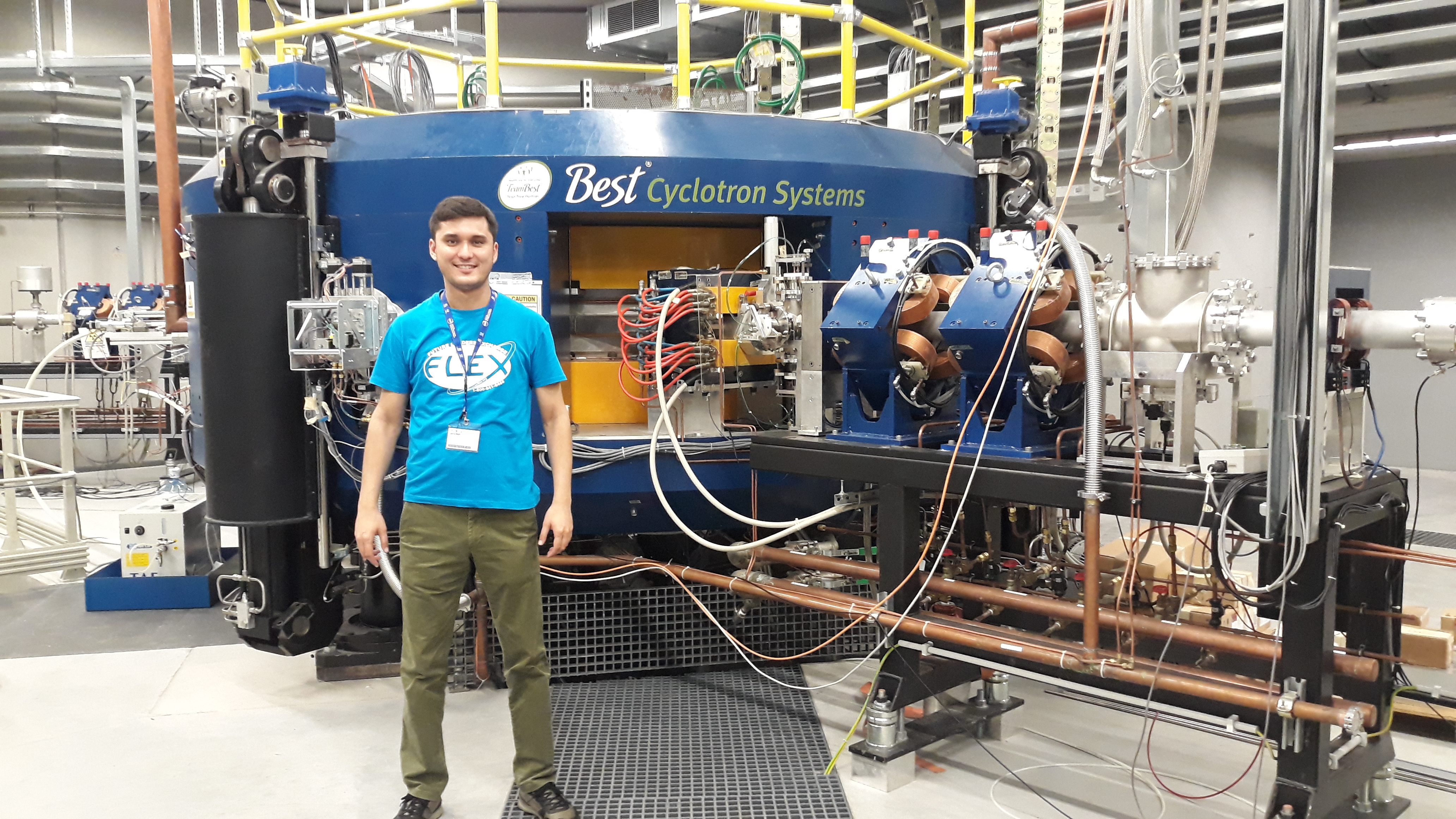
“A lot can be said about working on yourself, working tirelessly ...”
What is required of a person to be a scientist?
- First, curiosity. Man was born to search for answers to such questions as the structure of the Earth and the sky, what is in the being around us and what the Universe looks like. All this is caused by human curiosity. Scientists have more of this quality than others.
The second factor is family environment. If there is an atmosphere in the family that encourages interest in learning, that is, if parents set an example for their children in this regard, then the child will develop a love for science. Every success is the result of 99% hard work and 1% talent. Much can be said about working on oneself, tireless work...
“If I hadn’t chosen physics…”
-If you didn't choose physics, what field would you choose?
-If we consider the exact sciences as a pyramid, then mathematics is at the top of this pyramid. The language of the universe is mathematics, just like every country in the world has its own mother tongue. Every process and element in the universe speaks the language of mathematics. If I had not left physics, I would have chosen mathematics.
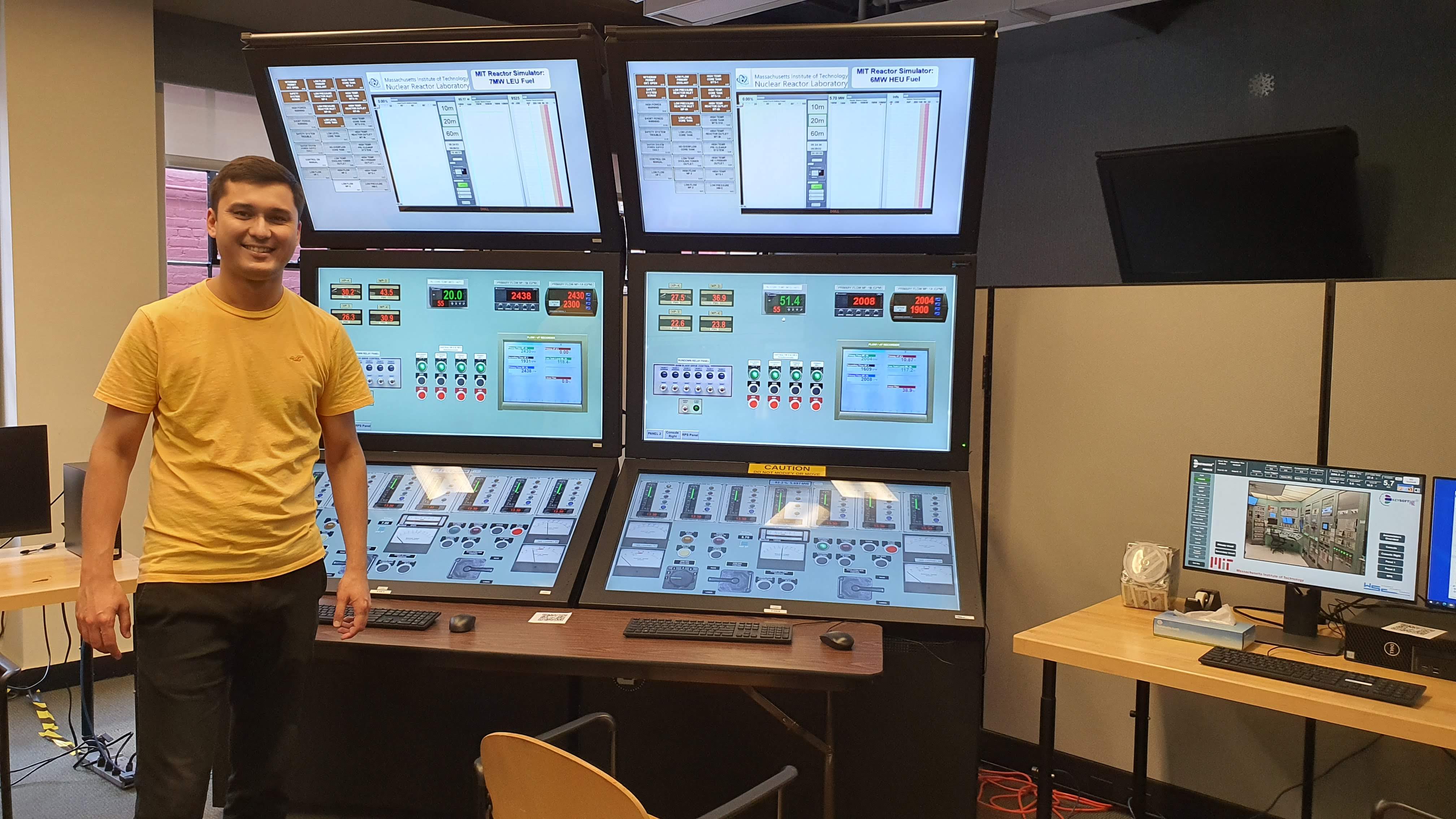
"Physics is not a science limited only by theory"
- Что вы думаете о системе преподавания физики в современном высшем образовании?
- If I compare my student years with the current period, I notice a huge difference. All students now have conditions and opportunities that a master's or doctoral student did not have at that time. Laboratory studies play an important role in physics. Unfortunately, there have been times when we missed very important events by simply “guessing”. But today students do not suffer from such problems. Physics is not a science that is limited only to the study of theory. The Institute of Engineering Physics of Samarkand State University has laboratories equipped with all the necessary and necessary equipment capable of conducting any type of laboratory research.
An important event was the creation of the Institute of Engineering Physics at Samarkand State University. There is a big difference between an engineer and a scientist. The scientist deals with fundamental issues, proceeds to the scientific analysis of the issue. An engineer makes new discoveries based on the knowledge collected by scientists. Therefore, the training of engineering and inventive personnel, which will create a solid foundation for a new future, is becoming an urgent task every day.
Cooperation in the field of exact sciences should be focused not on the West, but on Asian and Arab countries. Their scientific potential is not inferior to the Western one. Moreover, it is known from history that our intellectual ancestors from time immemorial were in constant contact with Arab scientists. A prime example of this is the Baitul Hikma School of Science in Baghdad. Therefore, I consider it necessary to expand cooperation with scientific schools and research institutes of Arab countries in modern research in the field of physics.
My advice to young researchers: never give up research and hard work. As I said above, there is a lot of hard work behind every achievement. I wish them good luck and love for science along the way.
Interlocutor: Iroda BEKMURADOVA,
Employee of the information service of
Samarkand State University

